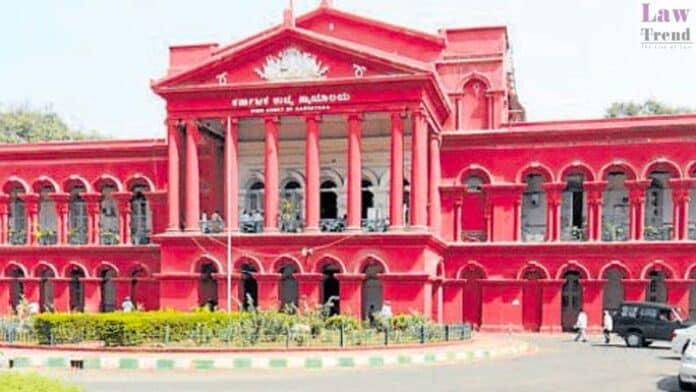The Karnataka High Court on Wednesday restrained state officials from using any “strip and search” method to identify participants during the ongoing Gender Minority Survey, observing that such practices cannot be permitted pending judicial scrutiny.
A division bench of Chief Justice Vibhu Bakhru and Justice C M Poonacha directed that all data collected since the survey began on September 15 must be kept confidential and not disclosed to any third party.
The bench was hearing a petition filed by the Anita Humanitarian Foundation, which sought to quash government notifications authorising the survey. The petitioner contended that the exercise violates the Transgender Persons (Protection of Rights) Act, 2019, as well as Articles 14 and 21 of the Constitution.
Appearing for the petitioner, counsel submitted that transgender individuals were being subjected to strip searches in hospitals by persons who may not share their gender identity, causing humiliation and trauma. It was further argued that transgender persons already possess official identity cards issued under the 2019 Act, making such verification unnecessary.
After issuing notice to the State government and directing it to file its objections by December 5, the court passed the following interim directions:
“In the meantime, the Government of Karnataka and those conducting the survey shall inform transgender persons that participation is voluntary,” the bench ordered.
“We restrain the respondents from conducting any identification by strip and search method till the next hearing. The information collected during the survey shall be kept strictly confidential and not disseminated.”
The court also directed the Department of Social Welfare to file an affidavit within three days detailing the steps it will take to maintain the confidentiality of the collected data.
The petition additionally seeks the creation of a compensation and rehabilitation fund for transgender and gender-diverse persons who were allegedly subjected to forced verification or humiliation during the survey. It also calls for a public apology from the State government for the “illegal, invasive and unconstitutional process” and demands accountability from officials responsible for designing and implementing it.
The petitioner further urged the court to direct the government to frame any future transgender welfare policies only after meaningful consultation with representatives of transgender and LGBTQIA+ communities, in line with the Supreme Court’s NALSA v. Union of India judgment and Section 4 of the Transgender Persons (Protection of Rights) Act, 2019.
The matter will be heard next on December 5, when the State is expected to file its statement of objections.




